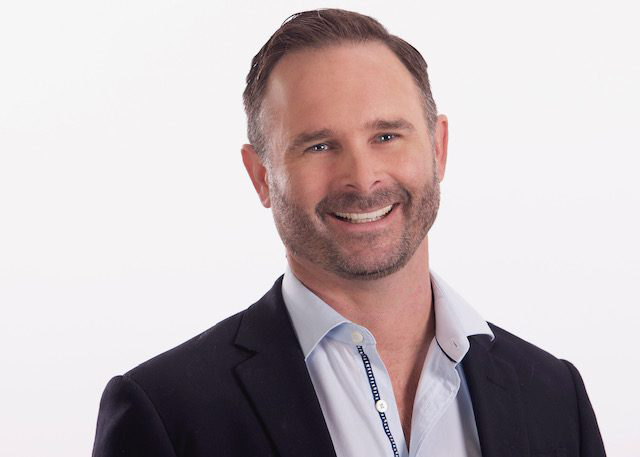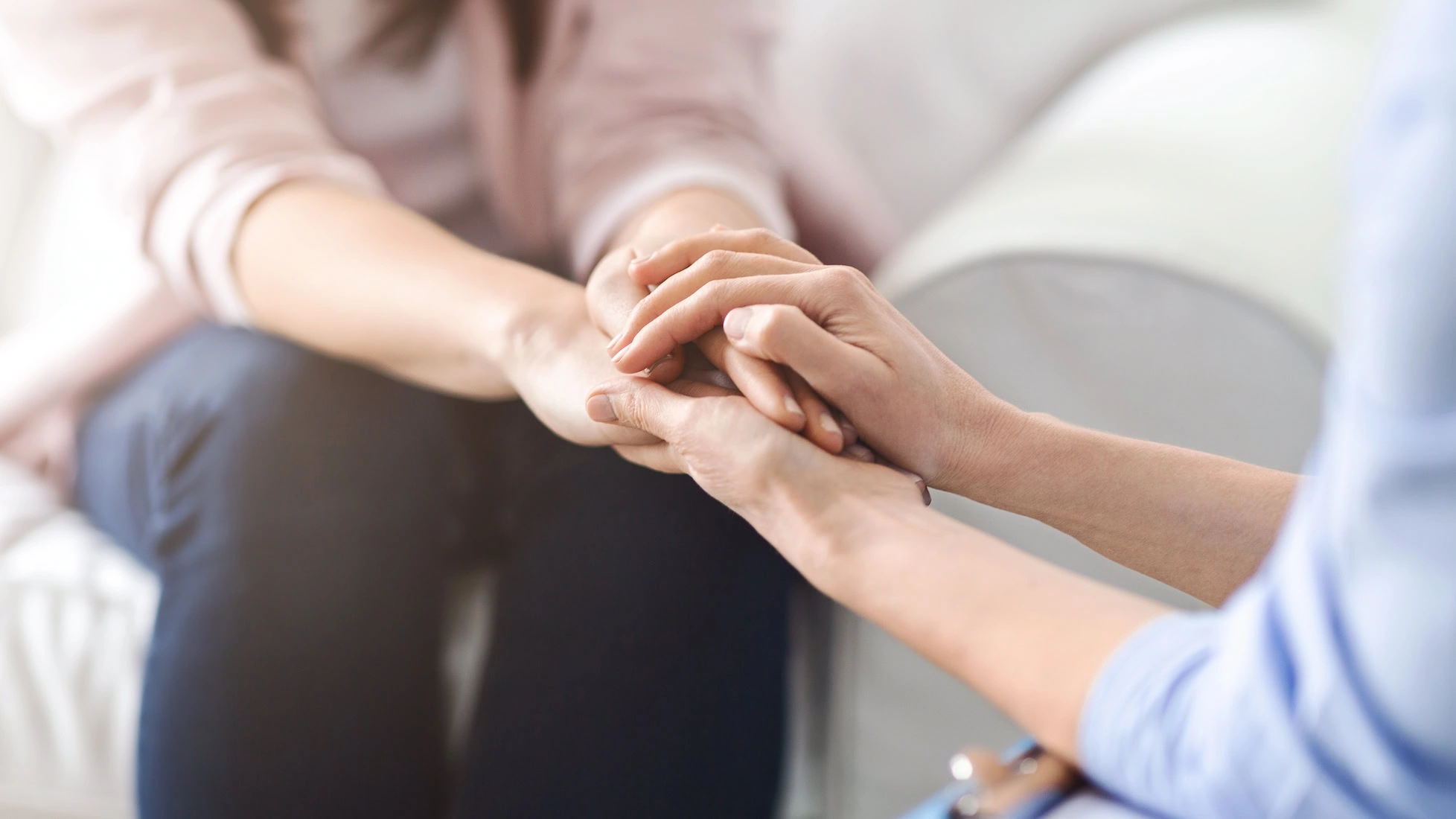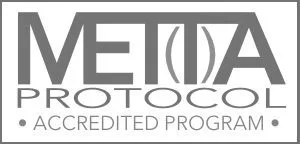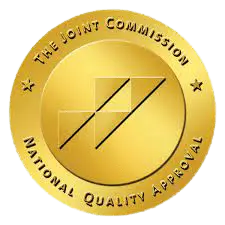The Beatles once sang, “I get by with a little help from my friends.”
When you are recovering from a dual diagnosis, having the support of your peers is worth its weight in gold. Peer support makes lasting relief possible and empowers you to transform your life radically. Peer groups act as cheerleaders in the fact they encourage and inspire you to make lasting changes in your life. Most importantly, these groups empower you to reach out to others in need, and together you build a support network that is strong, nurturing, and empowering.
In this article, you will better understand just how important peer support for dual diagnosis is to your recovery. You will also understand the tremendous and transformative benefits of peer counseling and support.
SEE Purpose Treatment Center is a premier Indiana inpatient substance abuse treatment center. We have helped countless numbers of people address and conquer dual diagnosis through personalized services and support designed to meet your specific needs. Are you ready to live a happy and successful life? Call us to learn more about our top-rated drug and alcohol rehab.
The Importance of Peer Support for Dual Diagnosis
When you are struggling with dual diagnosis, you have feelings of worthlessness and that you are not good enough to receive help. If you are like most with this condition, your family and friends won’t understand your pain and frustration. Even when you receive treatment, you may still feel disconnected from others.
Peer support for dual diagnosis can bridge that gap. Peer support makes you realize that you aren’t alone in your struggles. Through support groups and peer mentoring programs, you hear the stories of other people who share similar experiences to yours. You learn about others’ struggles and the ways they were able to overcome obstacles.
What Peer Support Groups for Dual Diagnosis Are Available to You?
So, where do you even start finding a dual diagnosis peer group? Where can you find a group that makes you feel comfortable and helps inspire you to transform your life?
You can start your search by asking your counseling team at your rehab center. In many cases, rehabs offer support groups as an extension of their therapy and counseling services after you complete treatment.
Organizations such as the National Alliance on Mental Illness (NAMI), Mental Health America (MHA), and the Substance Abuse and Mental Health Services Administration (SAMHSA) provide information about support groups in your community, state, and nation. Additionally, these organizations offer 24/7 confidential hotlines and a multitude of excellent articles and resources to help further educate you on dual diagnosis.
There are also national mutual aid groups that are specifically for those recovering from dual diagnosis. One of the largest dual diagnosis self-help groups is Dual Recovery Anonymous which is a 12-step-based group for people who seek to cease substance use as well and have a desire to cultivate the healthy coping skills needed to better manage their mental illness. Other similar groups include Double Trouble in Recovery and Everyone’s Recovery Groups (ERG). Additionally, there are support groups for those recovering from specific mental illnesses. Examples of these support groups are Schizophrenia Anonymous and the Depressive Manic-Depressive Association. These peer-led support groups are invaluable in helping people with dual diagnosis feel wanted and heard. Ultimately, these groups go the extra mile in building a supportive community that destigmatizes dual diagnosis.
Conquer Dual Diagnosis and Find Purpose in Your Life With Help from SEE Purpose Treatment Center
When you are face-to-face with dual diagnosis, it can feel like you are fighting for your life and there is no way out. While your battle may seem insurmountable, the help you need is one phone call away.
SEE Purpose Treatment Center is Indiana’s top dual diagnosis treatment facility. We offer you and all clients evidence-based treatment programs and services in our state-of-the-art facility. You will receive a comprehensive assessment and an integrated treatment program administered by experienced professionals that addresses your dual diagnosis at its root. We are committed to giving you the tools and support you need to slay the beast that is dual diagnosis.
Call us today and know that recovery is possible.

